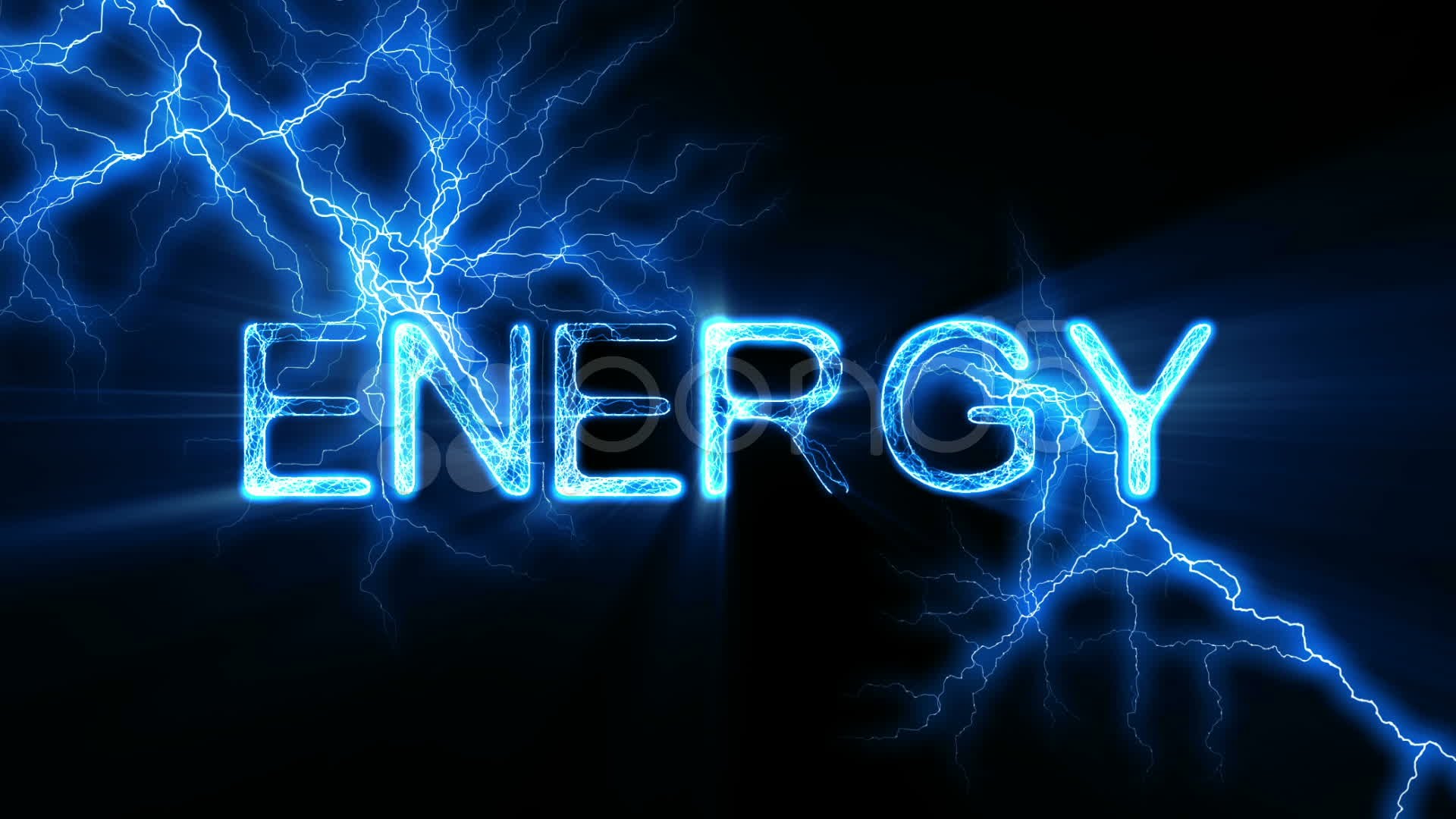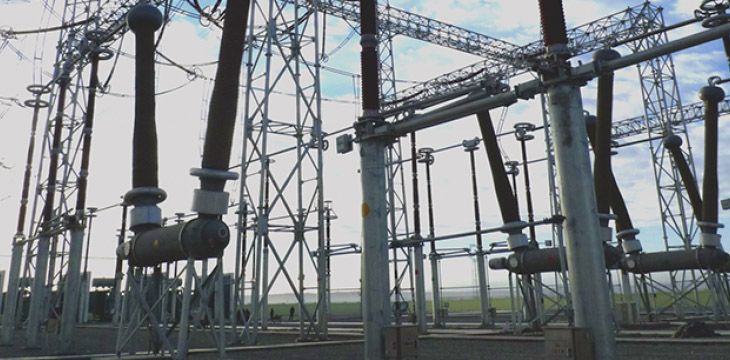
Iranian Gov't Wants Diminished Role in Water, Power Projects

"Using government's financial resources to build power plants and hydroelectric dams is prohibited in next year's national budget bill (2017-18) and in the sixth economic development plan (2016-21)," Daemi was quoted as saying by Mehr News Agency on Monday.
The decision is partly due to the Energy Ministry's limited (proposed) budget for the next fiscal year and the many incomplete projects that have piled over the years, thanks to the previous administrations.
Daemi said that a whopping $50 billion is needed to complete hundreds of underdeveloped projects in the water and electricity sectors, while the Energy Ministry is set to receive a fraction of the astronomical amount -- just about $5 billion -- in the next budget.
"The ministry is striving to increase the contribution of the private sector and foreign investors in water, wastewater and electricity generation," Daemi said, adding that the plan is in line with the upcoming economic and cultural development plan under consideration in the Majlis. Outlines of the national plan were approved by the law-making institution earlier this month.
Analysts suggest that it could take as much as 17 years to complete all the existing water and power projects given the current pace of development and funding.
Energy Minister Hamid Chitchian said in October that Iran needs $25 billion for developing electricity infrastructure and meet its planned 5.5% annual growth in power production capacity by 2021.
Energy officials said last year that nearly 3,000 water and wastewater projects nationwide were incomplete at the time due to funding constraints.



Trump weighs using $2 billion in CHIPS Act funding for critical minerals

Codelco cuts 2025 copper forecast after El Teniente mine collapse

Electra converts debt, launches $30M raise to jumpstart stalled cobalt refinery

Barrick’s Reko Diq in line for $410M ADB backing

Abcourt readies Sleeping Giant mill to pour first gold since 2014

Nevada army depot to serve as base for first US strategic minerals stockpile

SQM boosts lithium supply plans as prices flick higher

Viridis unveils 200Mt initial reserve for Brazil rare earth project

Tailings could meet much of US critical mineral demand – study

Kyrgyzstan kicks off underground gold mining at Kumtor

Kyrgyzstan kicks off underground gold mining at Kumtor

KoBold Metals granted lithium exploration rights in Congo

Freeport Indonesia to wrap up Gresik plant repairs by early September

Energy Fuels soars on Vulcan Elements partnership

Northern Dynasty sticks to proposal in battle to lift Pebble mine veto

Giustra-backed mining firm teams up with informal miners in Colombia

Critical Metals signs agreement to supply rare earth to US government-funded facility

China extends rare earth controls to imported material

Galan Lithium proceeds with $13M financing for Argentina project

Kyrgyzstan kicks off underground gold mining at Kumtor

Freeport Indonesia to wrap up Gresik plant repairs by early September

Energy Fuels soars on Vulcan Elements partnership

Northern Dynasty sticks to proposal in battle to lift Pebble mine veto

Giustra-backed mining firm teams up with informal miners in Colombia

Critical Metals signs agreement to supply rare earth to US government-funded facility

China extends rare earth controls to imported material

Galan Lithium proceeds with $13M financing for Argentina project

Silver price touches $39 as market weighs rate cut outlook

















